
Warning Signs in Your Stool That May Indicate Colon Cancer: Seek Medical Attention Immediately
Colon cancer, also known as colorectal cancer, is one of the most common types of cancer worldwide. While it often develops silently in its early stages, there are warning signs the body may give—especially through changes in bowel habits—that should never be ignored. Paying attention to what your body eliminates can provide crucial insight into your colon health. This article will explore stool-related symptoms that may indicate colon cancer and why immediate medical consultation is necessary when these symptoms occur.
One of the most noticeable warning signs of colon cancer is persistent changes in bowel movements. This can include chronic constipation, prolonged diarrhea, or a sudden shift between the two. While occasional digestive issues are normal, experiencing these symptoms consistently for more than a few weeks could be cause for concern. A tumor growing in the colon may partially block the passage of stool, resulting in such irregularities.
Another significant indicator is blood in the stool, which may appear bright red or dark and tarry. Bright red blood often suggests bleeding in the lower colon or rectum, while darker blood might originate from higher up in the colon. Although rectal bleeding can also be caused by hemorrhoids or anal fissures, persistent or unexplained blood in the stool should never be dismissed. It may be one of the earliest signs of colon cancer and requires prompt medical evaluation.
Changes in the shape or size of the stool may also point to a problem. Narrow, pencil-thin stools could indicate that a mass is obstructing the bowel. While these changes might occasionally be due to dietary reasons or minor gastrointestinal issues, a consistent change in stool shape over time is not normal and should be examined by a doctor.
Unexplained abdominal pain, bloating, or cramping that persists and does not improve with time may also be associated with colon cancer. These symptoms can be caused by a blockage or inflammation in the colon. When paired with changes in bowel habits or rectal bleeding, abdominal discomfort becomes an even more serious red flag.
Another subtle but serious sign is the sensation of incomplete evacuation, where you feel like you still need to have a bowel movement even after going to the bathroom. This symptom can suggest that a tumor is obstructing part of the bowel, preventing it from fully emptying. If this feeling persists, it should not be ignored.
Furthermore, general symptoms like unexplained weight loss, fatigue, or weakness might also accompany the gastrointestinal signs. These systemic symptoms can indicate that the body is fighting a serious illness, possibly due to blood loss or the cancer affecting nutrient absorption.
It is important to emphasize that many of these symptoms can also be caused by non-cancerous conditions such as irritable bowel syndrome, infections, or hemorrhoids. However, the key message is this: if you notice one or more of these symptoms, especially if they persist beyond a few weeks, you should consult a medical professional as soon as possible.
Early detection greatly improves the chances of successful treatment of colon cancer. Regular screenings, such as colonoscopies, are especially vital for individuals over the age of 50 or those with a family history of colorectal cancer. However, even younger people should be aware of the signs, as the incidence of colon cancer in adults under 50 has been rising in recent years.
In conclusion, your body may be sending you messages through your bowel habits. Blood in the stool, changes in bowel frequency or shape, abdominal discomfort, and feelings of incomplete evacuation are all signs that should prompt a visit to your doctor. Early diagnosis can be life-saving, so do not delay—your health may depend on your attention to these vital warning signs.
News in the same category

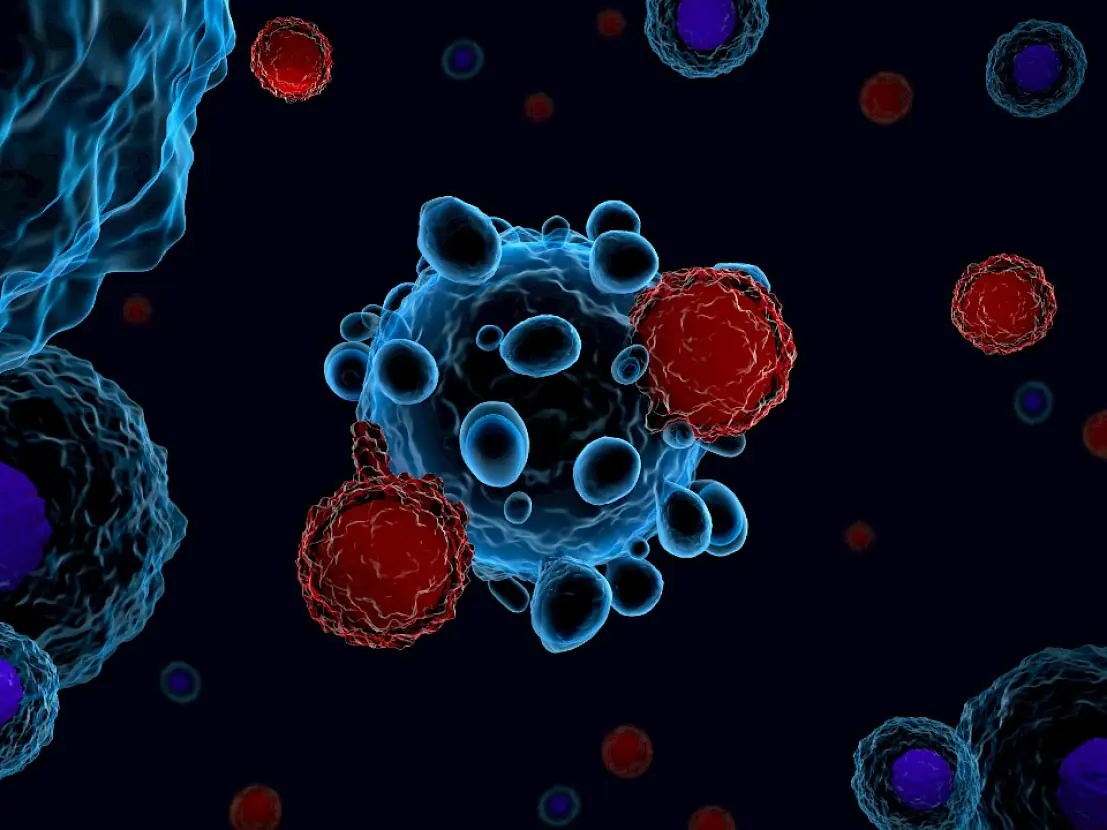
This Fruit Is Eaten Every Morning by a Famous Billionaire: A Powerful Secret to Fighting Cancer
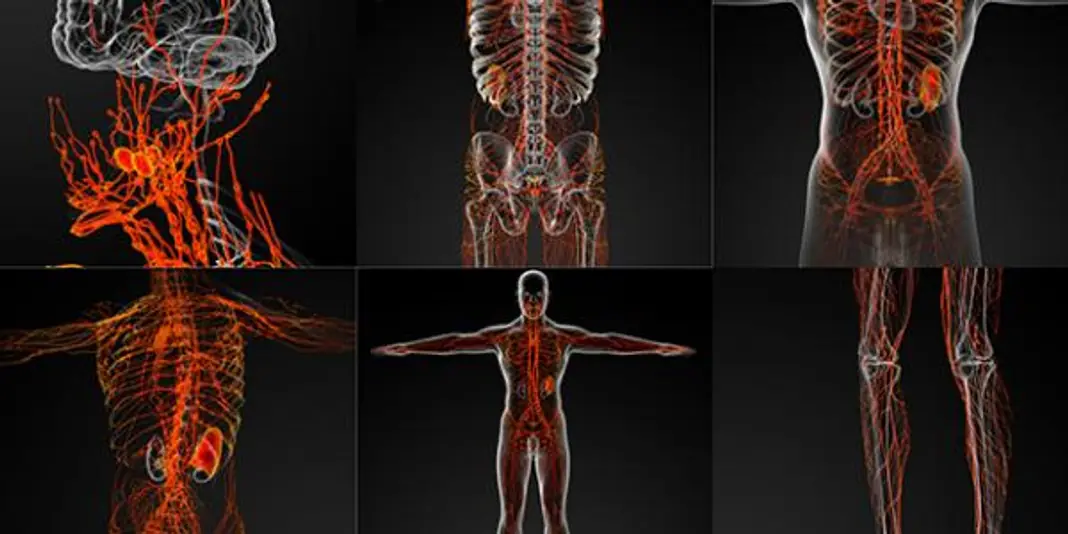
10 Effective Ways to Boost Your Lymphatic System Health
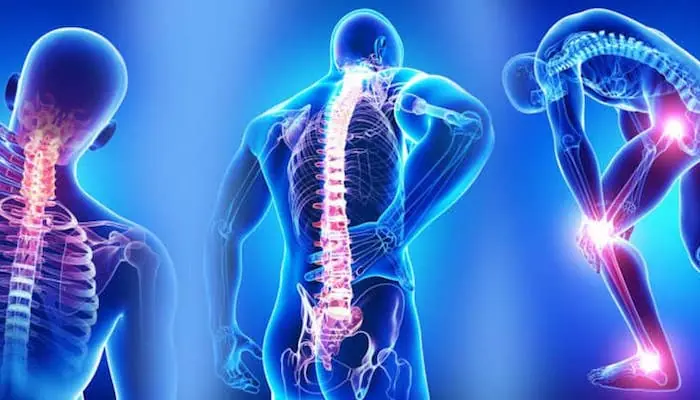
Fibromyalgia: Understanding Symptoms & 8 Natural Ways to Find Relief

Powerful Piriformis Stretches to Soothe Sciatic, Hip, and Lower Back Pain
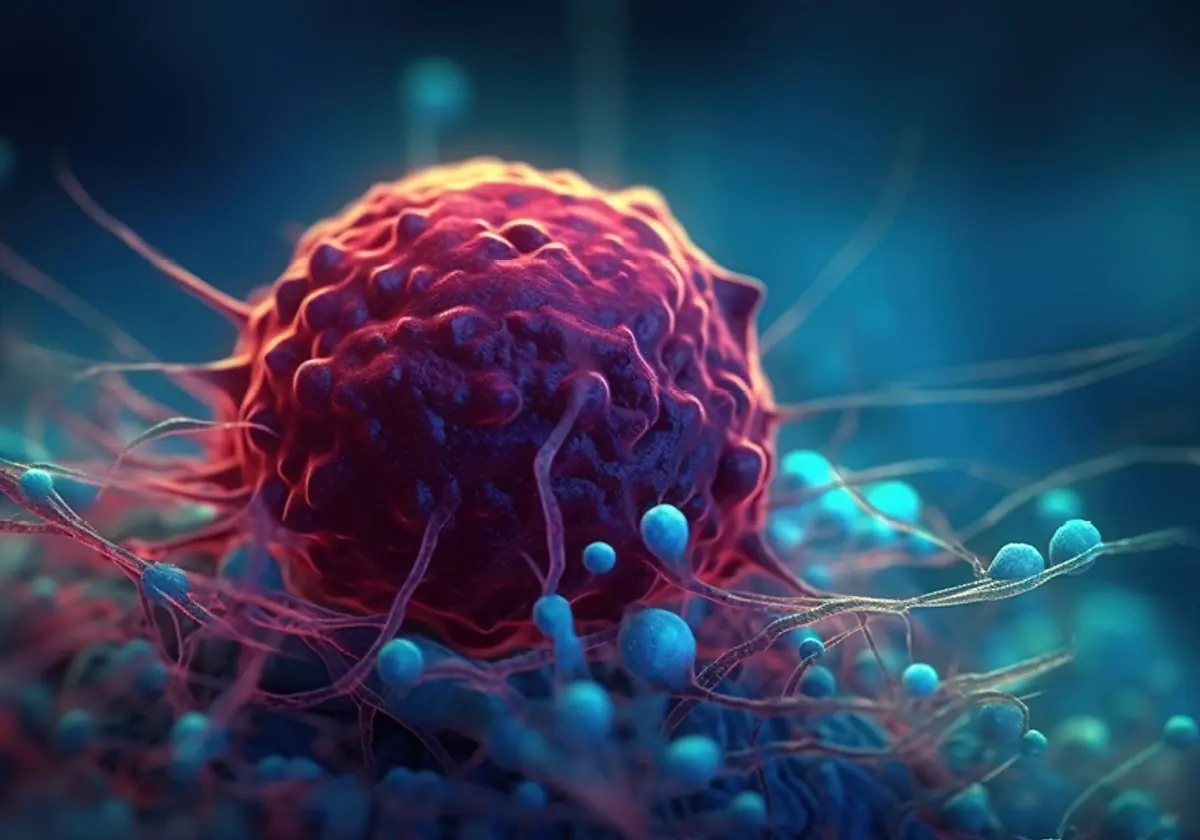
4 Types of Cancer with Over 90% Cure Rate: Everyone Should Watch for the Early Signs
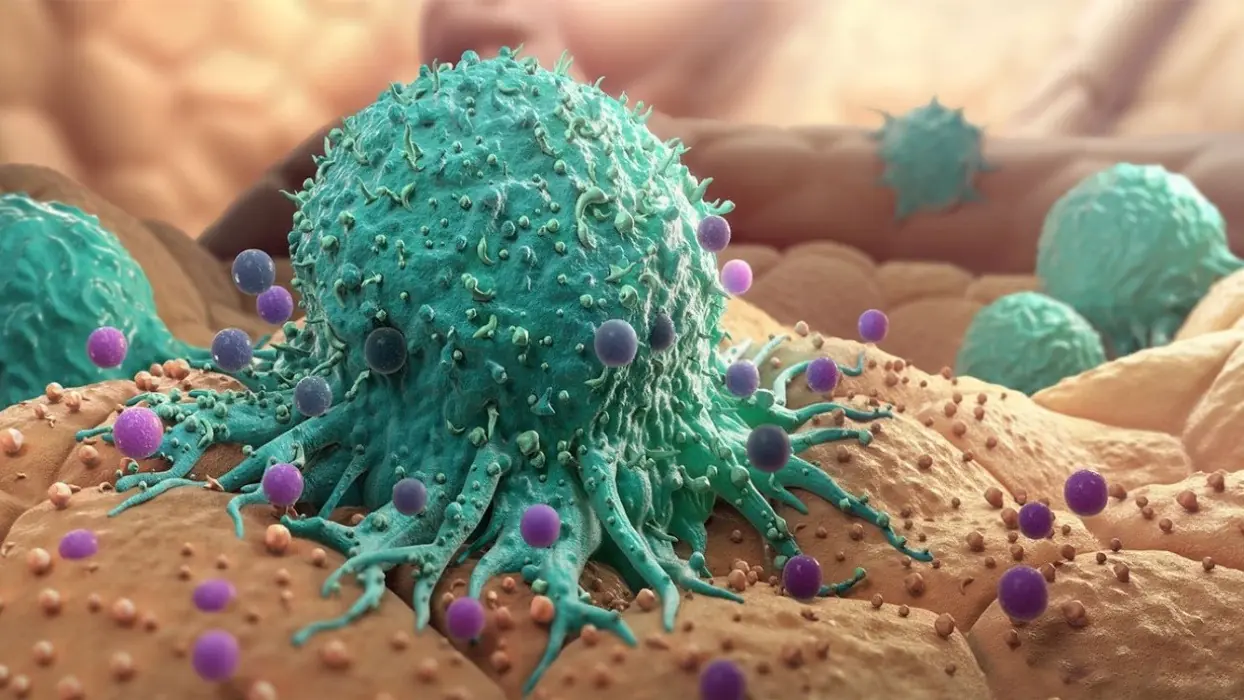
If Cancer Is Developing in the Body, These 3 Nighttime Signs Often Appear — But Many People Ignore Them
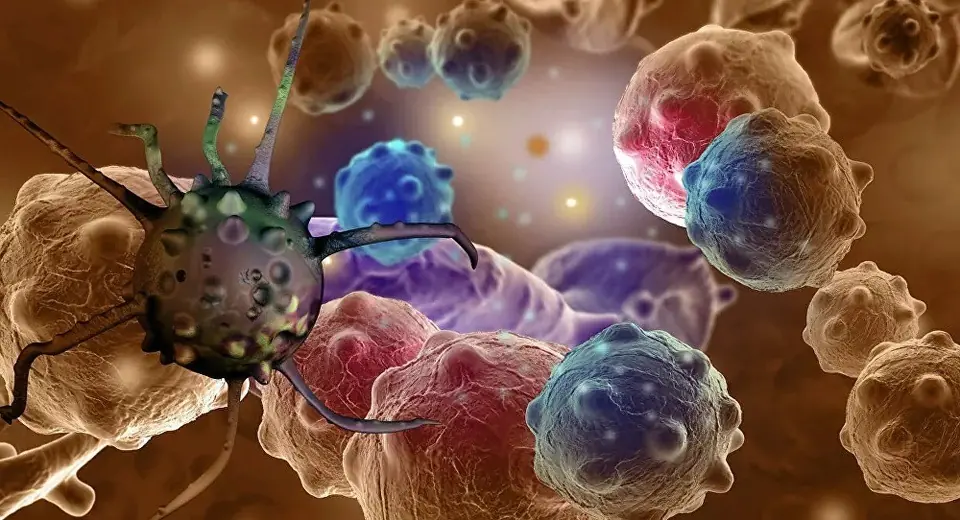
5 Early Symptoms of Stomach Cancer That Help with Early Detection
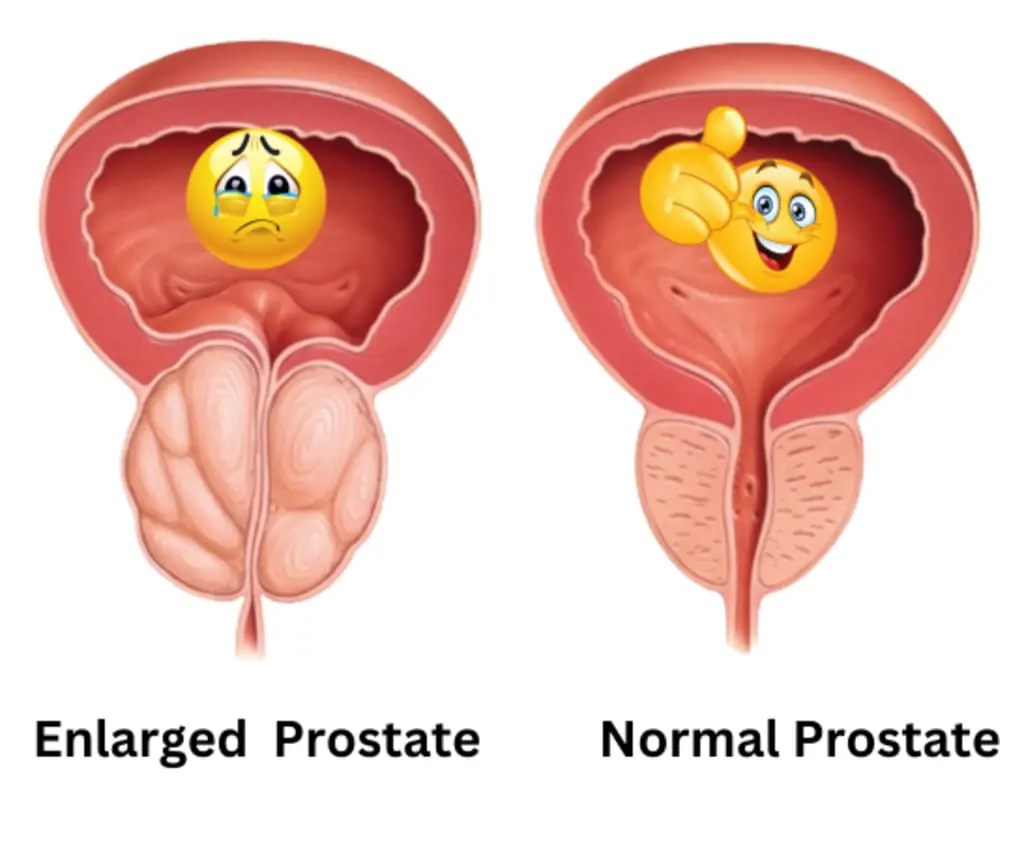
Prostate Cancer: Warning Signs and Symptoms Men Shouldn't Ignore

8 Warning Signs Your Tongue May Be Sending About Your Health
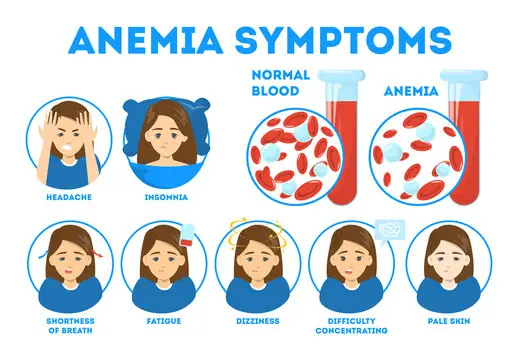
Boost Your Iron: Essential Signs to Watch For & Effective Strategies

Scientists Explain How Sleeping on Your Left Side Affects Your Health

Proven Health Benefits of Eating Eggs: More Than Just Breakfast Food
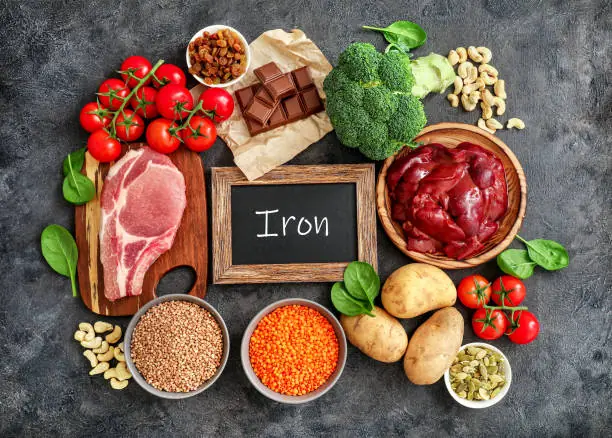
Top Signs of Iron Deficiency & Science-Backed Ways to Boost Your Iron Levels

Scientists Warn China-Identified Bat Virus Just One Mutation Away From Sparking Global Pandemic

Doctors Reveal How Eye Exams Can Detect Signs Of Cancer And Diabetes

Scientists Develop Injectable Hydrogel to Strengthen Bones

About 15 Minutes Before a Stroke, the Body Often Sends 4 Clear Signals: Call for Help Immediately
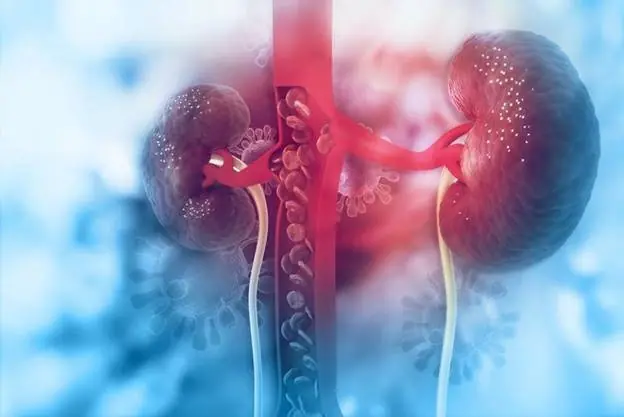
8 Signs of Kidney Failure You Should Never Ignore: Bad Breath Even After Brushing Could Be a Warning
News Post

A 40-Year-Old Man Suffers a Stroke After Dinner: Doctor Points Out 3 Critical Mistakes

This Fruit Is Eaten Every Morning by a Famous Billionaire: A Powerful Secret to Fighting Cancer

10 Effective Ways to Boost Your Lymphatic System Health

Fibromyalgia: Understanding Symptoms & 8 Natural Ways to Find Relief

Powerful Piriformis Stretches to Soothe Sciatic, Hip, and Lower Back Pain
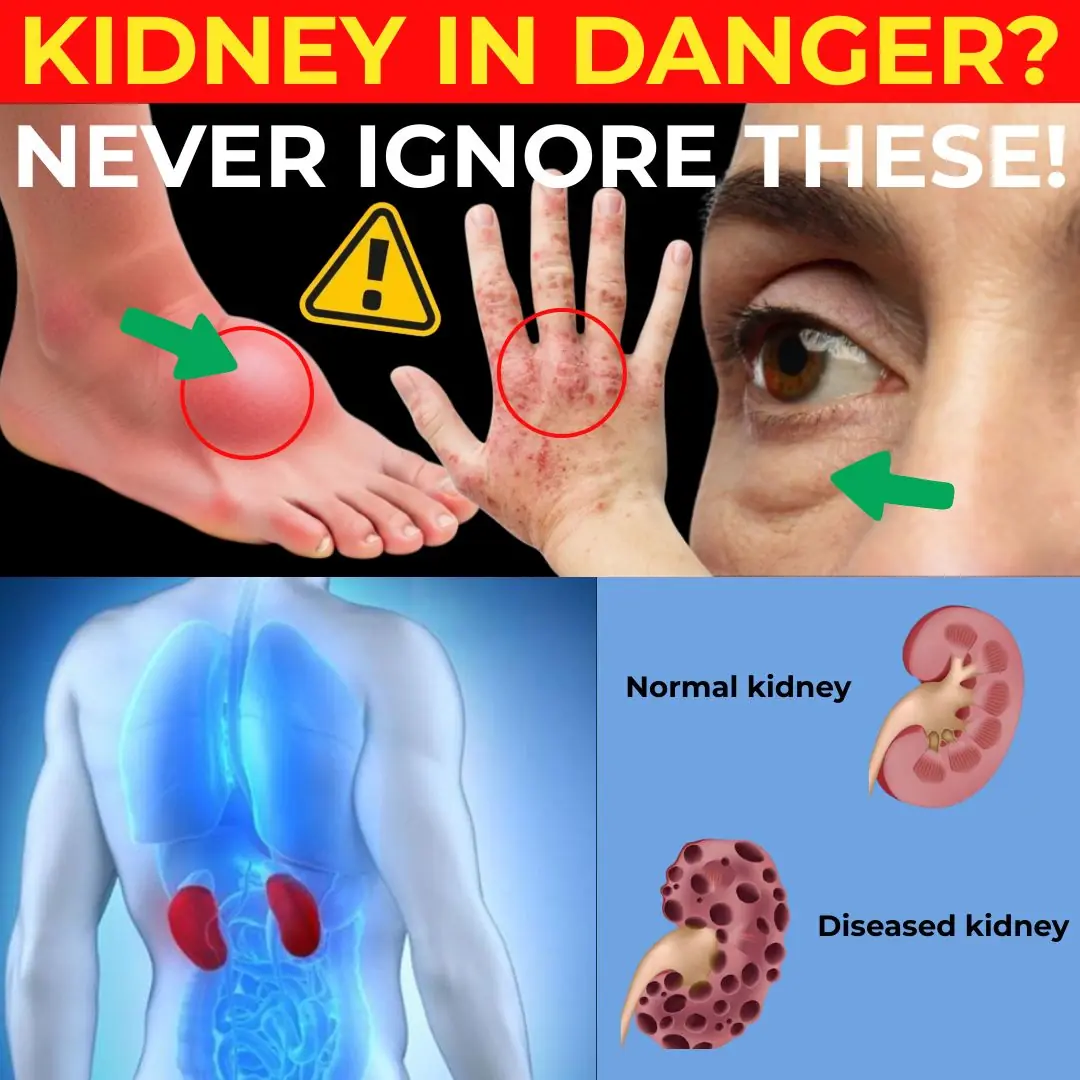
10 ALARMING Signs of Chronic Kidney Disease (Are You at Risk?)

35 Years Without Illness: My Natural Formula for Clear Eyes, Sharp Mind, and Stable Blood Pressure

Say Goodbye to Nail Fungus for Less Than $0.50! A Simple Bay Leaf Remedy That Works

Nature’s Overlooked Healer: Astonishing Benefits of Goosegrass You Need to Know

From Bedbound to Bounding: Unleash the Power of a Ginger, Lemon, and Carrot Detox

This Natural Drink From Dr. Frank Suárez May Eliminate Diabetes, Poor Circulation, Fatty Liver, Joint Pain, Stomach Issues, and Even Cancer — All Without Medication
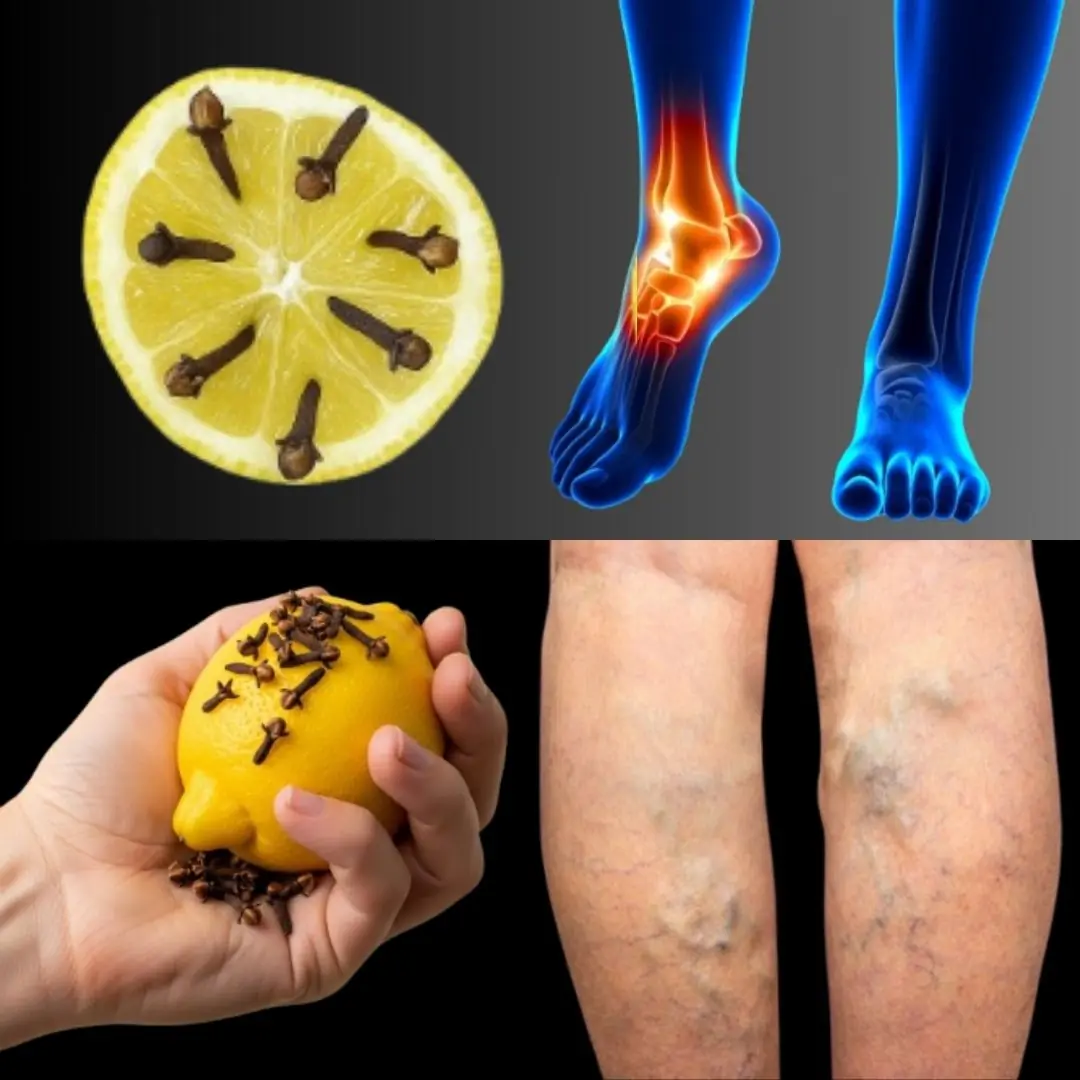
Mom’s Natural Remedy with Lemon: A Modern Cure-All for Pain and Inflammation 🍋🌿

Unlock the Secret Elixir: Why Ginger, Cloves, and Lipton Tea Could Transform Your Health

🌿 The Hidden Power of Papaya Leaves: Nature’s Unseen Healer

Clove, Honey, and Cinnamon Blend: A Simple Daily Remedy for Wellness

Leg Pain, Rheumatism, Varicose Veins, and Arthritis? Try This Simple Garlic & Olive Oil Remedy!

12 Incredible Health Benefits of Phyllanthus Niruri – Don’t Throw It Away!

4 Types of Cancer with Over 90% Cure Rate: Everyone Should Watch for the Early Signs
